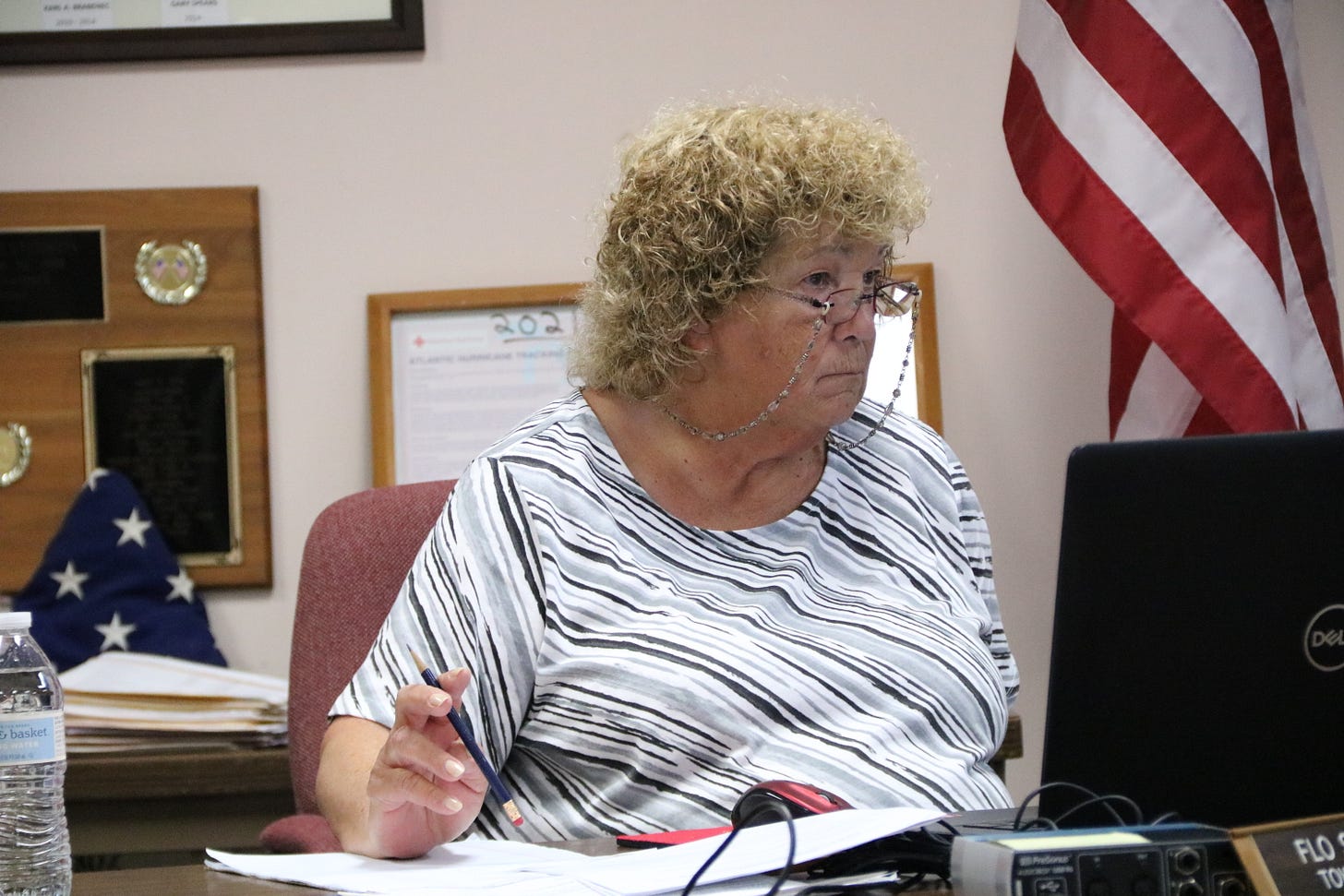Deerpark Police Reforms Delayed
Deerpark police department reform plans, state required, begin with the appointment of a police commission made up of Deerpark residents that reflect the town’s demographics. The plan deadline was April 1, but the commission will not take shape until September, according to Danielle Glenn, assistant to Gary Spears, town supervisor. He has requested that commission applicants send him a letter explaining their interest along with their resume. However, some applicants have received no acknowledgment of their applications.
“I know I’m supposed to have six applications, but I only have four,” said Town Clerk Flo Santini, who blamed the gap on website changes.
She suggested that applicants call her office to be sure their names and applications are on file. Spears and Police Chief Richard Sztyndor will interview commission candidates in August, Glenn said. No appointments will be made before September. She said she expects all applicants to be interviewed.
Burt Thelander, who was on the reform plan committee, said he had not received a response to his commission application. Because he was “verbally assertive” while on the reform committee, he expressed doubt about being appointed to the commission, although his professional experience is relevant to commission issues. He worked for several decades as a registered nurse, specializing in psychiatric and mental health care, with a leadership role at the NYS Office of Mental Health. In recent years he has been a member of the Joint Commission, evaluating safety and reliability at hospitals around the country for Medicare and Medicaid services.
He came into conflict with town officials on the reform committee in discussions of strategies for using police activity data to evaluate procedures. Thelander emphasized the importance of using data and doing what is needed to make it available.
Lingering evidence of the struggle appeared when Deerpark attorney Glen Plotsky summarized the 12 police department reforms to be made and posted them on the town website, https://townofdeerparkny.gov/wp-content/uploads/Deerpark-EO203-Report-2021.pdf. “Make DEPERSONALIZED DATA available to the commission,” he wrote with capital letters.
The committee had argued about whether the effort to separate data from personal information to get anonymous information was worthwhile. Thelander said that, from his experience, the effort would be valuable. Lack of complaints does not mean no problem exists—often it’s a symptom that communication channels are lacking, he said.
The committee identified ten other police department reforms to be made, as outlined by Plotsky. The extent of their implementation may depend on police commission appointments, given the range of attitudes indicated in meetings where they were developed. Planned reforms include:
- A publicly visible and accessible complaint procedure that insures no retribution, thorough complaint review by the police commission and public acknowledgment when problems are found.
- Continued police training in de-escalation and a policy that incorporates de-escalation with use of force
- Records of trainings offered and how many participate annually.
- Efforts to increase police department diversity to reflect community demographics and background checks that prevent employment of staff with FBI identified hate group history
- Collaboration with relevant agencies on mental health issues
- Investigation of affordable body and/or car cameras
- Establishment of a way for whistle blowers to avoid retribution when identifying superiors’ misconduct or excessive use of force.
- Police development of “trust and legitimacy” among youth and support of youth development with recreational and educational activities.
- Protocols for periodic police staff review by the police chief and anonymously by peers.


